The Worst-Case Scenario Survival Handbook
Joshua Piven David Borgenicht
How to Wrestle Free from an Alligator: 4. If its jaws are closed on something you want to remove (for example, a limb), tap or punch it on the snout.
Though it's being marketed as a humorous title—after all, it's unlikely you'll be called upon to land a plane, jump from a motorcycle to a moving car, or win a swordfight—the information contained in The Worst-Case Scenario Survival Handbookis all quite sound. Authors Joshua Piven and David Borgenicht consulted numerous experts in their fields (they're cited at the end of the book) to discover how to survive various and sundry awful events. Parachute doesn't open? Your best bet for survival is to hook your arms through the straps of a fellow jumper's chute—and even then you're likely to dislocate both shoulders and break both legs. Car sinking in water? Open the window immediately to equalize pressure, then open the car door and swim to the surface. Buried in an avalanche? Spit on the snow—it will tell you which direction is really up. Then dig as fast as you can.
Each survival skill is explained in simple steps with helpful illustrations. Most stress the need to be prepared—both mentally and physically. For example, to escape from quicksand, you will need to lay a pole on the surface of the quicksand, flop on your back atop the pole, and pull your legs out one by one. No pole? No luck. "When walking in quicksand country, carry a stout pole—it will help you get out should you need to."
Hopefully you'll never need to know how to build a fire without matches, perform a tracheotomy, or treat a bullet wound. But in the words of survival evasion resistance escape instructor "Mountain" Mel Deweese, "You never know."—Sunny Delaney
0811825558
Ficciones (English Translation)
Jorge Luis Borges
Reading Jorge Luis Borges is an experience akin to having the top of one's head removed for repairs. First comes the unfamiliar breeze tickling your cerebral cortex; then disorientation, even mild discomfort; and finally, the sense that the world has been irrevocably altered—and in this case, rendered infinitely more complex. First published in 1945, his Ficcionescompressed several centuries' worth of philosophy and poetry into 17 tiny, unclassifiable pieces of prose. He offered up diabolical tigers, imaginary encyclopedias, ontological detective stories, and scholarly commentaries on nonexistent books, and in the process exploded all previous notions of genre. Would any of David Foster Wallace's famous footnotes be possible without Borges? Or, for that matter, the syntactical games of Perec, the metafictional pastiche of Calvino? For good or for ill, the blind Argentinian paved the way for a generation's worth of postmodern monkey business—and fiction will never be simply "fiction" again.
Its enormous influence on writers aside, Ficcioneshas also—perhaps more importantly—changed the way that we read. Borges's Pierre Menard, for instance, undertakes the most audacious project imaginable: to create not a contemporary version of Cervantes's most famous work but the Quixoteitself, word for word. This second text is "verbally identical" to the original, yet, because of its new associations, "infinitely richer"; every time we read, he suggests, we are in effect creating an entirely new text, simply by viewing it through the distorting lens of history. "A book is not an isolated being: it is a relationship, an axis of innumerable relationships," Borges once wrote in an essay about George Bernard Shaw. "All men who repeat one line of Shakespeare are William Shakespeare," he tells us in "Tlön, Uqbar, Orbis Tertius." In this spirit, Borges is not above impersonating, even quoting, himself.
It is hard, exactly, to say what all of this means, at least in any of the usual ways. Borges wrote not with an ideological agenda, but with a kind of radical philosophical playfulness. Labyrinths, libraries, lotteries, doubles, dreams, mirrors, heresiarchs: these are the tokens with which he plays his ontological games. In the end, ideas themselves are less important to him than their aesthetic and imaginative possibilities. Like the idealist philosophers of Tlön, Borges does not "seek for the truth or even for verisimilitude, but rather for the astounding"; for him as for them, "metaphysics is a branch of fantastic literature."—Mary Park
0802130305
|
The Book of Imaginary Beings
Jorge Luis Borges
The Book of Imaginary Beingsis Borges’s whimsical compendium of more than one hundred of the "strange creatures conceived down through history by the human imagination." This unique contribution to fantasy literature ranges widely across the world’s mythologies and literatures to bring together the fantastical inventions drawn from the Kabbalah, Homer, Confucius, Shakespeare, Lewis Carroll, and Kafka, among others. Here readers will find the familiar and expected dragons, centaurs, and unicorns, as well as the less familiar and altogether unexpected Animals That Live in the Mirror, the Humbaba, the Simurgh, and other undeniably curious beasts. Throughout, Borges’s cunning and humorous commentary is sheer delight.
Andrew Hurley’s brilliant new translation is perfectly paired with original drawings from award-winning illustrator Peter Sís. The result is a wonderful gift book—an Alice Through the Looking Glassmenagerie, which should appeal not only to Borges aficionados but also to fantasy fans of all stripes and ages.
0670891800
Cascading Style Sheets: Designing for the Web (2nd Edition)
Hakon Wium Lie Bert Bos
For readers looking for a one-stop read for all they need to know about cascading style sheets (CSS), Cascading Style Sheets, Second Edition: Designing for the Webreally hits the nail on the head. One of the authors—Hakon Wium Lie—was the originator of CSS and is in charge of the technology among the World Wide Web Consortium (W3C). His writing partner is Bert Bos—another key member of the W3C currently focusing on style sheets and the Extensible Markup Language (XML). Together, they deliver a truly educational guide to the subject.
This book wisely includes numerous color screen shots and diagrams, as well as many typographic examples, to augment the discussion of the inherently visual topic of CSS. The authors' graphical expertise comes through clearly with visuals that clarify topics without cluttering the presentation.
The coverage goes beyond—or shall we say behind—that found in many other CSS books that focus primarily on the technical features of browsers. For example, the authors take the time to discuss typesetting terminology and font families in order to build a well-rounded knowledge. Despite the presentation of the precise details of the CSS1 and CSS2 specifications, the text is quite easy to read and intriguing to follow. Even if you are familiar with CSS—this is an excellent title to own. —Stephen W. Plain
Topics covered:CSS (levels 1 and 2), HTML, and XML tutorials; plus coverage of which browsers support which CSS elements.
0201596253
Anthony Bourdain's Les Halles Cookbook: Strategies, Recipes, and Techniques of Classic Bistro Cooking
Anthony Bourdain
In this long-awaited cookbook, Anthony Bourdain reveals the hearty, delicious recipes of Les Halles and the provocative tricks of the trade that have made him a celebrated name across the globe.
Before stunning the world with his bestselling Kitchen Confidential and A Cook's Tour, Anthony Bourdain spent years serving some of the best French brasserie food in New York. With its no-nonsense, down-to-earth atmosphere, Les Halles matches Bourdain's style perfectly: a restaurant where you can dress down, talk loudly, drink a little too much wine, and have a good time with friends. Now, Bourdain gives us his Les Halles Cookbook, a cookbook like no other: candid, funny, audacious, full of his signature charm and bravado.
So bring a sharp knife, a big appetite, and a willingness to learn, as Bourdain teaches you everything you need to know to prepare classic French bistro fare. While you're being guided, in simple steps, through recipes like roasted veal short ribs and steak frites, escargots aux noix, and foie gras aux pruneaux, you'll feel like he's in the kitchen beside you-reeling off a few insults when you've scorched the sauce, and then patting you on the back for finally getting the steak tartare right.
As practical as it is entertaining, Anthony Bourdain's Les Halles Cookbook is a can't-miss treat for cookbook lovers, aspiring chefs, and Bourdain fans everywhere.
158234180X
|
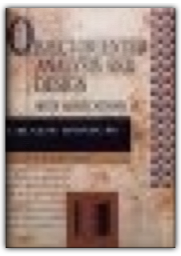

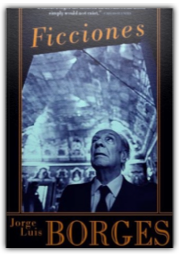
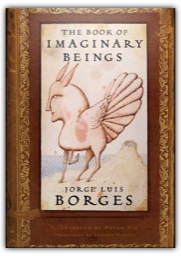
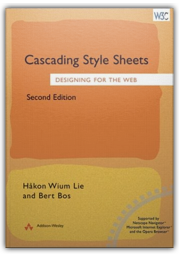
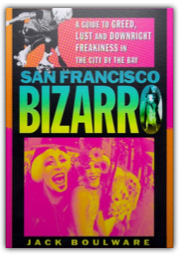
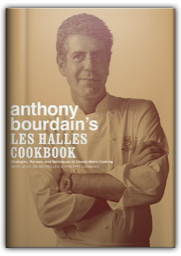

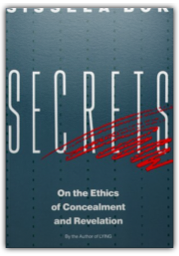

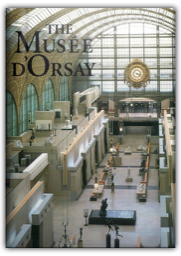
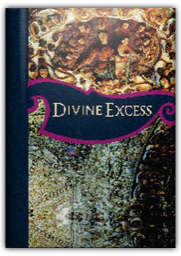
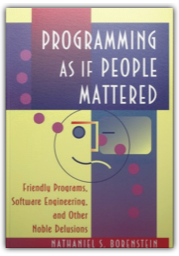
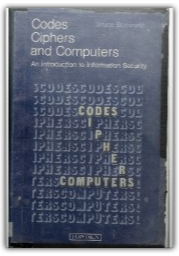
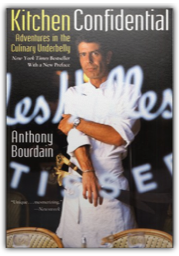
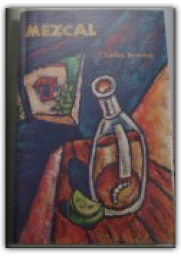
 Made with Delicious Library
Made with Delicious Library